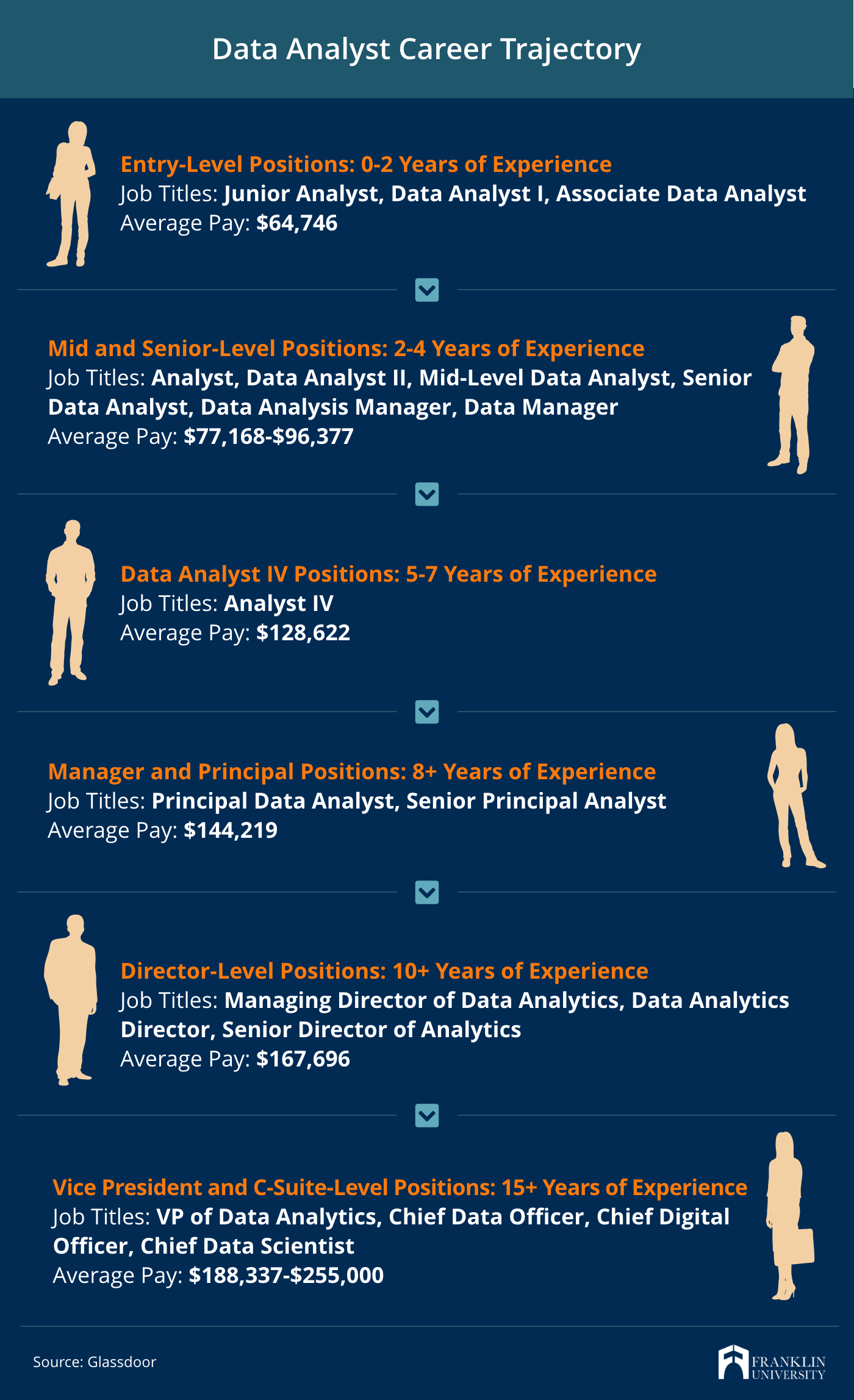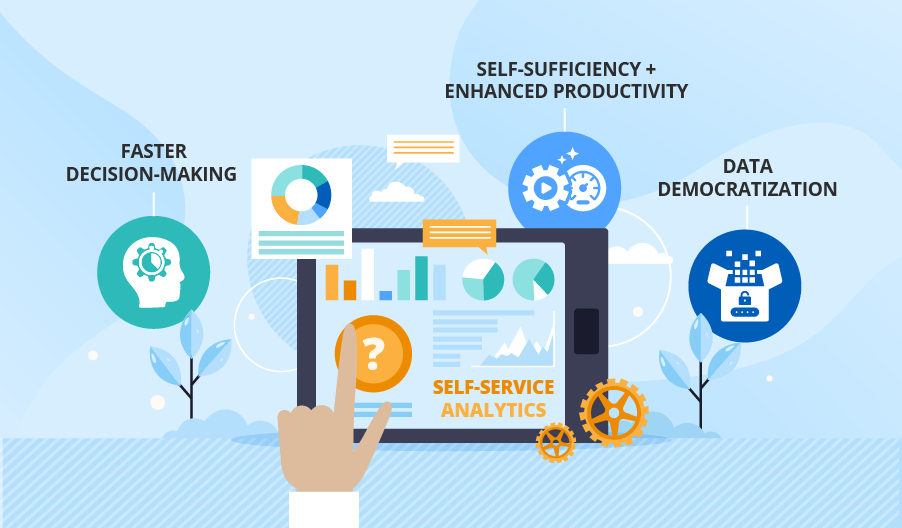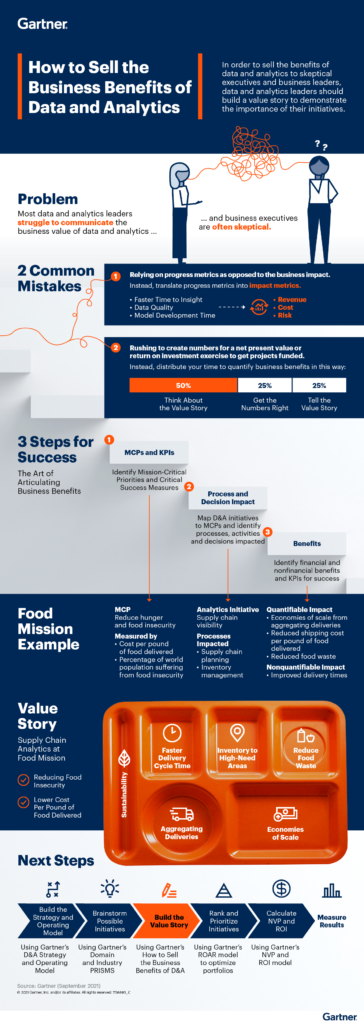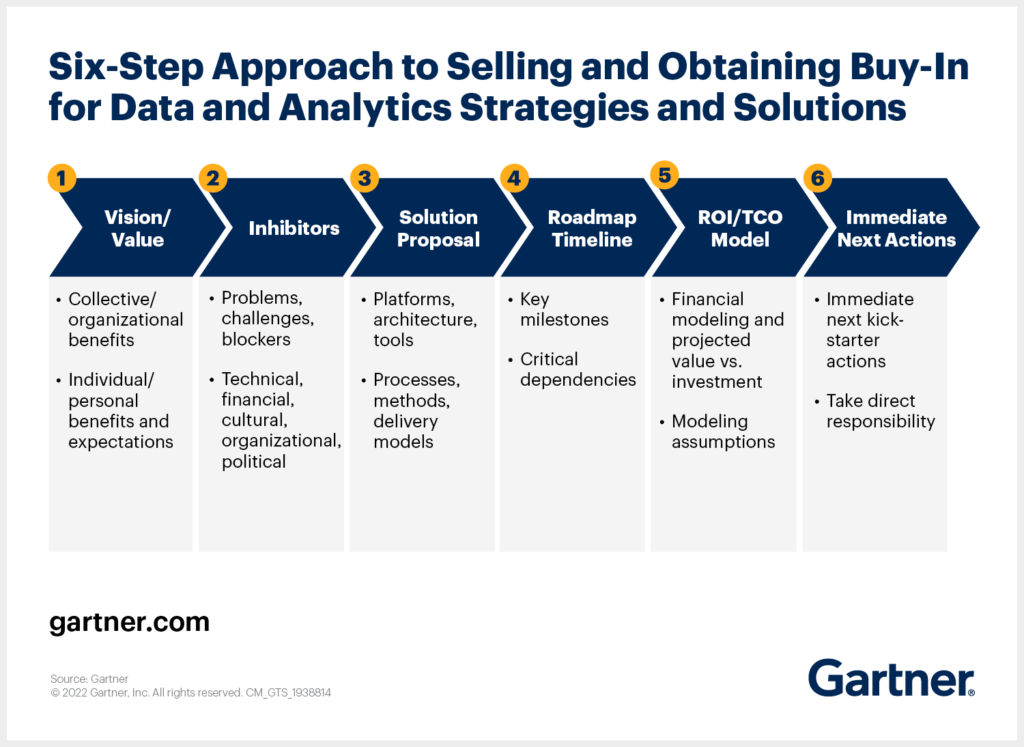In today’s data-driven world, organizations in all industries are seeking professionals who can help them make sense of the vast amounts of data they gather every day. This is where data analysts come in – they use their expertise to extract insights from data that can help businesses make informed decisions and drive growth. Pursuing a career in data analytics can be a rewarding choice for those who are passionate about working with data and using it to solve complex business problems.
One of the key reasons to pursue a career in data analytics is the high demand for professionals with these skills. As businesses increasingly rely on data to make informed decisions, the demand for skilled data analysts is only growing. This means that those who pursue a career in this field can enjoy a wide range of job opportunities and competitive salaries. Additionally, data analytics is a field that is constantly evolving, which means that there is always something new to learn and explore. For those who enjoy working in a dynamic, fast-paced environment, data analytics can offer an exciting and challenging career path.

Pursuing a Career in Data Analytics
Data analytics is a quickly growing field that is becoming increasingly important to businesses. It involves using data to inform decisions, drive innovation, and gain competitive advantages. With the right skills, data analytics can open up a world of opportunities for career growth and advancement.
What is Data Analytics?
Data analytics is the process of gathering, organizing, and analyzing data to make better business decisions. It involves using a variety of tools and techniques to identify patterns, trends, and relationships in data sets. This data can then be used to make informed decisions about everything from marketing campaigns to product development.
Data analytics is not a one-size-fits-all approach. Different businesses have different needs, and the data analytics methods used will vary accordingly. For example, a retail company may use predictive analytics to identify potential customers and target them with specific offers, while a healthcare provider may use data mining to look for patterns in patient records that could help inform treatment decisions.
Why Pursue a Career in Data Analytics?
A career in data analytics can be highly rewarding, both professionally and financially. Data analytics professionals are in high demand, with many companies offering competitive salaries and attractive benefits packages.
Data analytics also offers a great deal of job security. As more and more businesses become reliant on data to inform their decisions, the demand for data analytics professionals will continue to grow. This means that data analytics professionals can expect to have job stability and job security for years to come.
Data analytics professionals are also highly valued by employers. Companies recognize the important role that data analytics can play in driving innovation and generating insights. As such, they are often willing to offer competitive salaries and benefits packages to attract and retain talented data analytics professionals.
Finally, pursuing a career in data analytics allows professionals to remain at the forefront of technology. Data analytics is constantly evolving, with new tools and techniques being developed every day. This means that data analytics professionals can stay up to date on the latest technologies and trends, giving them an edge in the competitive job market.
Frequently Asked Questions
Data analytics is an increasingly important field with career opportunities in virtually every industry. From healthcare and finance to retail and advertising, data analysts are driving decisions with data-driven insights.
What is a Data Analyst?
A data analyst is a person who specializes in analyzing data to uncover trends and insights. They use data to inform decisions, develop strategies, and optimize operations. Data analysts use a variety of tools and techniques to analyze data, such as data mining, statistical analysis, and machine learning. They also use data visualizations to communicate their findings.
Data analysts must have strong analytical skills, as well as the ability to communicate complex information in a clear and concise manner. They must also be able to work with large amounts of data and draw meaningful insights from it.
What Skills Are Needed to Become a Data Analyst?
To become a data analyst, you need to have a combination of technical and non-technical skills. On the technical side, you will need a deep understanding of data analysis techniques, such as data mining, machine learning, and statistical analysis. You should also have experience with programming languages such as R, Python, and SQL.
On the non-technical side, you need to be able to understand business needs and use data to inform decisions. You should also be able to effectively communicate your findings to stakeholders, both verbally and in written reports. Finally, you should have strong problem-solving and critical thinking skills.
What Are the Benefits of Pursuing a Career in Data Analytics?
A career in data analytics can offer many benefits. Data analysts are in high demand, and salaries in the field are competitive. Data analysts also have the opportunity to work on interesting projects and develop new skills.
In addition, data analytics is a field with many opportunities for growth. As companies become more data-driven, the need for data analysts is only increasing. This means that data analysts have the potential to move up within the organization and take on more responsibility.
What Types of Organizations Hire Data Analysts?
Data analysts are in demand in virtually every industry. Companies in the healthcare, finance, retail, and advertising sectors are all looking for data analysts to help them make informed decisions. In addition, many universities, non-profits, and government agencies hire data analysts to help them understand their data and make decisions.
What Qualifications Do You Need to Become a Data Analyst?
To become a data analyst, you need to have a combination of technical and non-technical skills. You should have a degree in a field related to data analytics, such as computer science, mathematics, or statistics. You should also have experience working with data and data analysis tools, such as R, Python, and SQL.
In addition, you should have strong problem-solving and critical thinking skills. You should also have the ability to communicate complex information in a clear and concise manner, as well as the ability to understand business needs and use data to inform decisions. Finally, you should have the ability to work with large amounts of data and draw meaningful insights from it.
In conclusion, pursuing a career in data analytics can be a highly rewarding and fulfilling choice for anyone interested in the field. With a growing demand for data-driven decision-making across industries, data analysts are becoming increasingly valuable assets for companies seeking to remain competitive and informed. The constantly evolving landscape of technology and data also means that data analytics is a career path that offers opportunities for growth, learning, and innovation.
Furthermore, as data becomes an increasingly vital aspect of our daily lives, data analytics professionals have the potential to make a significant impact on society. By providing insights and solutions based on data analysis, they can help organizations make informed decisions that benefit individuals, communities, and even global challenges. Ultimately, pursuing a career in data analytics is not only a smart choice for professional growth and development, but also a chance to contribute to a better future for all.



